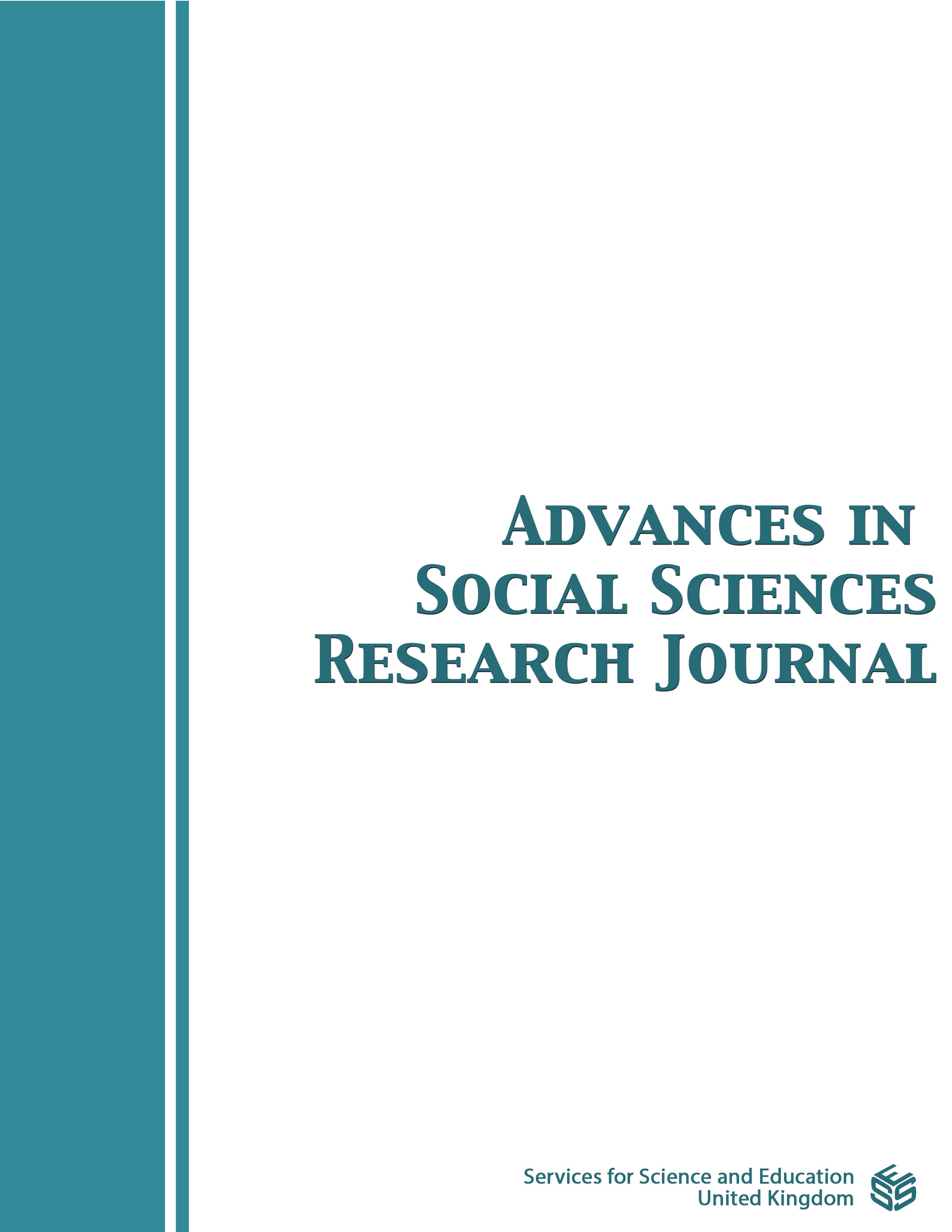Ageist Attitudes, Stereotypes and Behavior of Youth Towards the Elderly Within Georgia: How Significant are Intergenerational Contact and Perceived Distance?
DOI:
https://doi.org/10.14738/assrj.911.13343Keywords:
young people, older people, stereotypes, explicit attitudes, implicit attitudes, ageist behavior.Abstract
Georgia has an aging society, with a high percentage of senior citizens in the general population. However, only small number of research studies in the Georgian context have been conducted to ascertain young people's attitudes towards older adults. The study of age-related phenomena is important both from a scientific point of view and for developing awareness-raising interventions and social policy. The current study investigates young people's explicit and implicit ageist attitudes, stereotypes and behaviors towards the elderly. We consider whether perceived distance from older people and intergenerational contact exert an influence on these variables. The research instruments were first translated from English into Georgian and adapted to the local context using 150 young people as initial respondents. The survey research was then carried out with 450 respondents, employing convenience sampling in Tbilisi. Research has shown that young people express more positive than negative explicit attitudes toward the elderly while implicit measures also reveal ingrained negative attitudes. Most stereotypes about older people feature lower expectations regarding physical and mental health, but especially concerning cognitive function. Young people stereotypically perceive older people as warm and kind, but with limited cognitive capacity. These stereotypes are more relevant to the “pity’ category identified in the Stereotype Content Model (SCM) representing a ‘pseudo-positive’ attitude toward older people and they tend to result in infantilizing behavior, i.e., not letting aged people take responsibility for their own lives. With increased perceived distance from older people, the frequency of intergenerational contact decreases. Similarly, younger people who harbor more robust explicit ageist attitudes toward older people frequently seek to increase perceived distance and minimize their contact with the elderly. More ageist attitudes are related to more ageist behaviours. Regression analysis shows that explicit attitudes have the strongest influence on ageist behavior followed by perceived distance, intergenerational contact and stereotypes. The current study can provide a basis for further research on this concept.
Downloads
Published
How to Cite
Issue
Section
License
Copyright (c) 2022 Anastasia Kitiashvili

This work is licensed under a Creative Commons Attribution 4.0 International License.
Authors wishing to include figures, tables, or text passages that have already been published elsewhere are required to obtain permission from the copyright owner(s) for both the print and online format and to include evidence that such permission has been granted when submitting their papers. Any material received without such evidence will be assumed to originate from the authors.






